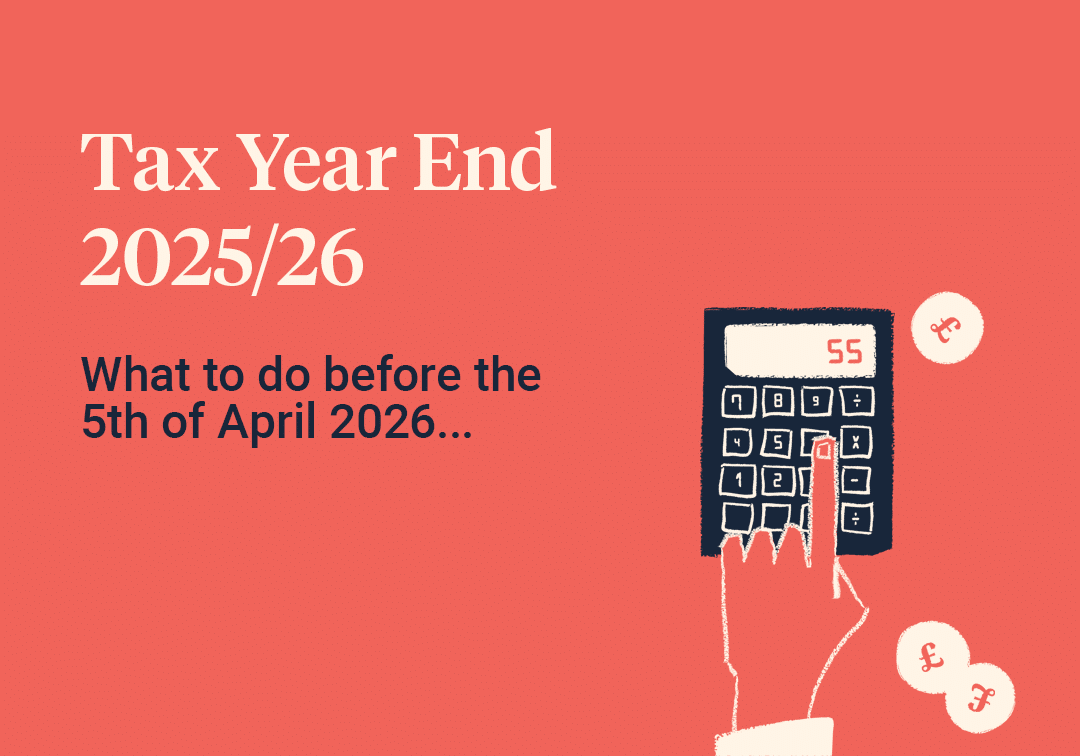On January 3rd 2025, the government announced the launch of an independent commission into adult social care.[1] The commission, reporting to the Prime Minister, is tasked with providing clear recommendations for how to rebuild the adult social care system to meet the current and future needs of the population. As the commission embarks on its work, it will be essential to address critical issues such as the rising demand for care driven by an aging population, funding challenges, and the need for effective management of care provisions.
The first phase, reporting in 2026, will identify the critical issues facing adult social care and set out recommendations for effective reform and improvement in the medium term. The second phase, reporting by 2028, will make longer term recommendations for the transformation of adult social care. Whilst this is a welcome move, the general opinion is that no meaningful impacts will occur until 2028. Indeed, since 1999 there have been five commissions looking into social care considering the rising problem and producing recommendations which have never reached fruition.[2] The previous government’s planned introduction of a lifetime cap of £86,000 on personal care costs and the increase of the upper threshold to £100,000 (due October 2025) has now been cancelled. We therefore still have a broken system, and one could be forgiven for agreeing with many commentators who state that once again “the can is being kicked down the road.”[3]
In light of these ongoing challenges, it is essential to examine the current state of adult social care in the UK. This article delves into the current state of adult social care, examining the implications of an aging population, the costs of care, and the varied options available for individuals seeking support.





